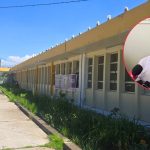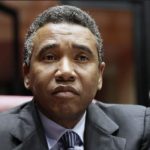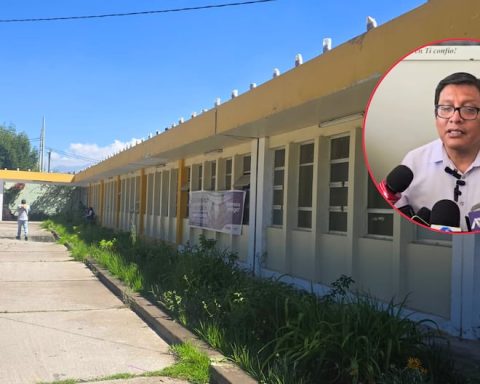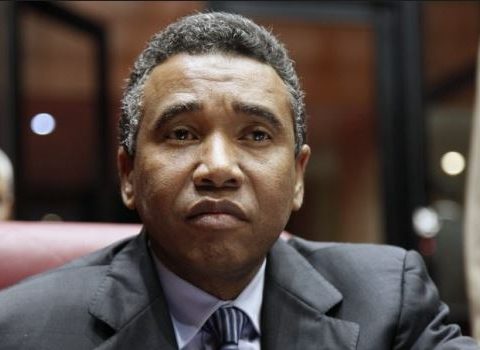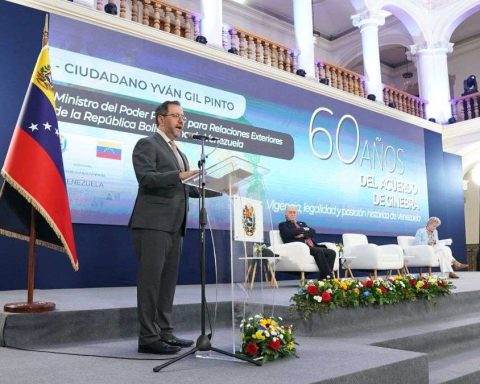A little over three months before the citizens go to the polls and elect the members of the Constitutional Council, the ruling party has not yet decided whether it will go to the May 7 election on one or two lists. This has even caused a “train crash” and that is, while former President Ricardo Lagos reinforced the PPD’s idea of forming a list without Approve Dignity, the Socialist Party (PS) announced that former President Michelle Bachelet would be willing to lead a candidacy for the elections of constitutional advisers, but under one condition: that all the parties of the ruling party, plus the Christian Democrats, integrate a single list.
In addition, the indecision continues, awaiting the Political Commission of the PS, which will meet tomorrow to define its position on the electoral pact.
You may also like:
In the midst of this tense discussion, the deputy and president of Convergencia Social –President Gabriel Boric’s party–, Diego Ibáñez, told The Mercury that for the ideas to advance “it is necessary to reconfigure the coalitions” and there must be a “recomposition of the political board of the entire left.” In his opinion, the two coalitions that make up the ruling party, both Democratic Socialism and Approve Dignity, “have completed certain cycles.” Therefore, “what we propose is not that they join Approve Dignity, which has already completed a cycle, but to set up a new political coalition where the socialists assume an important leadership in the construction of the new left.”
The proposal of the deputy Ibáñez – who, together with the Secretary General of National Renewal (RN) Diego Schalper, was one of the parliamentarians who found the keys to the lock when the constitutional agreement was with one foot in the drawer – generated resentment in one part of Democratic Socialism.
For the president of the Radical Party, Leonardo Cubillos, the idea “reaffirms the need for the two lists.” In his opinion, “it is clear that I Approve Dignity only seeks to divide Democratic Socialism and its spirit is not to call for a unitary list.” Therefore, it seems “worrying” what deputy Ibáñez raises, especially ad portals of the decision that the socialists will take.
From the PPD, its general secretary, José Toro Kemp, positively valued the “invitation” of the Social Convergence helmsman, but clarified that “it is a discussion for what is to come, once we get out of this process.”
Deputy Marcos Ilabaca (PS), head of the socialist bench, in conversation with Emol, He was in favor of his party going with the Broad Front, since “the conditions are given to go on configuring a new political scenario, of alliance at the national level, where all the progressive forces that feel socialist work for a common project” However, he does not believe that it is their turn to assume leadership. “I think that all the parties that are going to come together in this space are going to have a work of equals and a relationship of equals,” added the deputy Ilabaca.
From Approve Dignity, the president of Comunes, Marco Velarde, also agreed that political breadth is necessary to face the challenges and urgency of the present, but stressed that “changes in the political cycle and their respective configurations are not decreed only by an electoral decision.
The senator and president of the Democratic Revolution (DR), Juan Ignacio Latorre, remains firm: “We would like a list that is as broad as possible.” Likewise, the deputy of the PC, Luis Cuello, stated that “it is necessary to build an alliance at a social and territorial level to anchor the transformations.” But, for Cuello, this deficit is key and is not sufficiently internalized, although he believes that the identities of AD and SD “do not prevent us from addressing the consolidation of the government’s political support.”
The helmsman of Acción Humanista, Tomás Hirsch, recalled that even President Boric has called for building a government alliance that pushes in the direction of the transformations that the country demands, while the deputy Emilia Schneider (CS, former Comunes), agreed with deputy Ibáñez and affirmed that the need to build political and social majorities to advance change reforms “is something that should concern all the political forces of the ruling party.”
Meanwhile, the Socialist Party continues to wait for a decision that has the entire sector on edge. Although the rumor had circulated this morning that this would be a key day in the PS, because the board of directors would seal the issue, in the afternoon, a statement was circulated from the community in which they described such information as “false reports” and clarified that the table will meet tomorrow Wednesday to review the candidacies, along with ratifying the summons of the Political Commission for the same day at 8:00 p.m.







